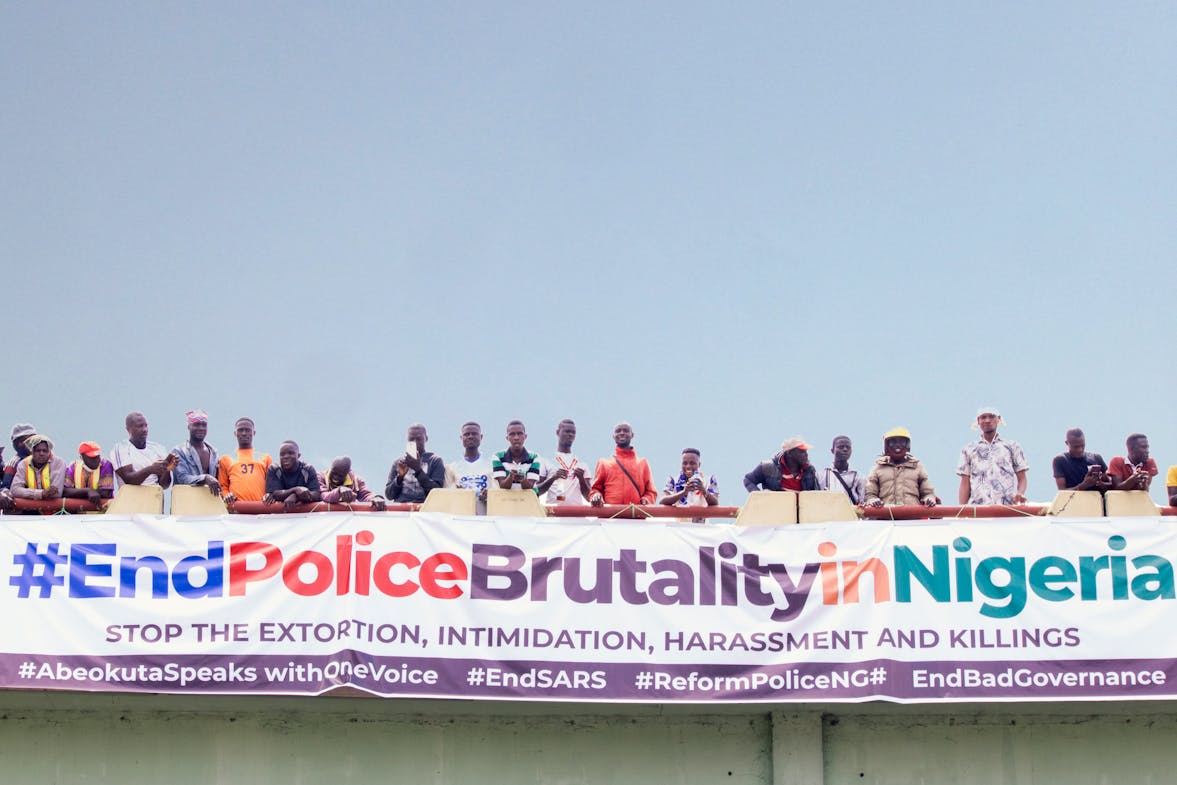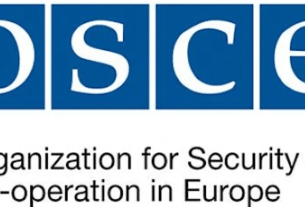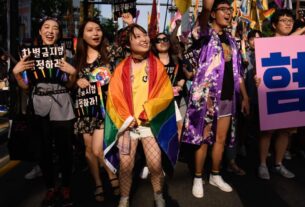The Take It Back (TIB) Movement, a pro-democracy group committed to the protection of human rights, has strongly condemned the recent arrest of Olamide Abiodun Thomas, a nurse and activist, by the Nigeria Police Force. The group is calling for her immediate and unconditional release, stating that her detention represents a gross violation of both her constitutional and human rights.
In a statement issued on Friday, TIB’s spokesperson, Olabiyi Ade Stephen, emphasized that Thomas was exercising her fundamental right to freedom of expression, as guaranteed under Section 39(1) of the 1999 Constitution of the Federal Republic of Nigeria (as amended). The section states: “Every person shall be entitled to freedom of expression, including freedom to hold opinions and to receive and impart ideas and information without interference.” The group further pointed out that Thomas’ arrest was not only a direct violation of this constitutional right but also an alarming abuse of power intended to intimidate and silence dissent.
Thomas, who had previously criticized the Nigerian Police Force for alleged corruption and misconduct within the police, was arrested in the early hours of Friday at her home in Lagos. Her critics claim that this arrest was politically motivated and aimed at suppressing the exposure of corrupt practices within law enforcement. TIB argues that if the authorities had any legitimate case against Thomas, they should have followed proper legal procedures and brought her before a court of law rather than resorting to arbitrary detention. In this context, the arrest reflects a concerning disregard for the judicial process, an issue that resonates beyond Nigeria’s borders.
The Nigerian police’s actions have drawn sharp criticism from both civil society and international human rights organizations, which argue that this kind of intimidation is part of a wider pattern of suppressing political activism and free speech in the country. Furthermore, the case underscores broader concerns about the rule of law and due process in Nigeria, where arbitrary detentions and politically motivated arrests remain significant challenges.
The TIB Movement’s statement also highlights the international human rights dimension of the case, citing the Universal Declaration of Human Rights (UDHR), which guarantees freedom of expression and the right to be heard. “This is not just a violation of Nigerian law, but a violation of universal human rights,” the statement asserts. “It is unacceptable that a citizen would be arrested for simply speaking out against the excesses of a public institution.”
The issue of arbitrary arrests and human rights violations is not unique to Nigeria; it is part of a broader, ongoing issue across the African continent, where governments and law enforcement agencies have been criticized for undermining constitutional rights and suppressing civil liberties. Across countries such as Uganda, Zimbabwe, and Ethiopia, human rights defenders, journalists, and activists continue to face harassment, imprisonment, and even violence for criticizing government actions or exposing corruption.
In the African context, these actions reflect a troubling trend where police forces, often operating with impunity, target those who speak out against abuses of power. Such practices are increasingly being seen as attempts to stifle democratic movements and suppress the freedom of expression that is crucial for the healthy functioning of any democracy. The African Charter on Human and Peoples’ Rights, which many African countries have signed, further guarantees the rights to free speech and peaceful assembly, principles that are routinely violated in many nations.
The TIB Movement has called on the Nigerian Police Public Relations Officer (PPRO), Muyiwa Adejobi, to intervene and ensure Thomas’ release while urging the police to respect the constitutional rights of all citizens. The group also emphasized the need for transparency and accountability within law enforcement agencies, stating that the rule of law must be upheld to maintain public trust and protect fundamental freedoms. “The Nigerian Police Force must demonstrate that they are committed to the rule of law and human rights. Arbitrary detention and harassment of citizens are unacceptable,” the statement reads.
In addition to the demand for Thomas’ release, TIB called on the Lagos State government to ensure that she receives any necessary medical care due to her time in detention, underlining the often harsh conditions in Nigerian police custody. They also expressed concern that the police may attempt to manipulate the legal process by keeping her in detention without a clear charge, circumventing the judicial system in a way that undermines the authority of the courts.
The movement further stressed that this case is not an isolated incident but part of a wider struggle across the African continent to protect civil liberties and promote judicial independence. Throughout Africa, pro-democracy groups are pushing for greater respect for human rights, the strengthening of judicial systems, and the end of politically motivated arrests. In Nigeria, as in other African nations, there are growing calls for reforms within the police force and the judicial system to ensure that citizens can freely exercise their rights without fear of retribution.
This case is indicative of the broader challenge facing the African continent, where police forces in several countries often act with little accountability, suppressing dissent and violating citizens’ rights. The Take It Back Movement has vowed to continue to monitor the situation closely and to rally support for Thomas’ release. As they press for justice, the group also advocates for broader reforms that protect citizens’ rights to freedom of speech and expression and hold authorities accountable for their actions.
The TIB Movement’s efforts are part of a growing global push to ensure that African governments respect human rights and uphold the principles of justice, democracy, and the rule of law, with a particular focus on the protection of individuals who expose government corruption and human rights abuses.
References:
- Universal Declaration of Human Rights (UDHR), United Nations
- African Charter on Human and Peoples’ Rights, African Union
- Nigeria’s 1999 Constitution, Section 39(1)
- SaharaReporters, Take It Back Movement Statement
This case underscores the critical need for both domestic and international action to ensure that human rights are upheld across Africa, and that those who speak out against abuses are not punished for exercising their constitutional rights.
Photo by Damilare Adeyemi : https://www.pexels.com/photo/people-protesting-police-brutality-in-nigeria-5675765/



